
Kumasi — The public walkway at the main entrance of the Kumasi Central Mosque is now a haven for some immigrants, mostly from Niger.
Mainly women, some nursing mothers, and children (little girls), the migrants have turned the place into 'kitchen', 'bathroom' in the full glare of the public in the evening, in particular.
From 4:30pm throughout the night, the place is very busy as cooking and washing of clothes and bathing of little children become the order of the day, while they use the porches of the stores close to the mosque as their "bedrooms."
They wash their clothes and hang them on the fence wall of the mosque.
The Ghanaian Times has gathered that the women have been using the children aged between 10 and 12 years, as beggars who are mostly found at the Amakom traffic light begging for alms.
In a chat with some of them, who declined to mention their names, they claimed Ghanaians are religious, easily give alms, and would not harm them.
Asked why they came to Ghana, they explained that economic hardship had robbed them of decent jobs in their country, saying that because Ghana was stable, they decided to come here to seek greener pastures.
According to them, they were emotionally and psychologically sound because they believe that no one would harm them as they sleep in the porches of the stores.
Some residents the Ghanaian Times encountered, recalled that in 2018 the immigrants were about 100 in number but, most of them left in December for their country and came back with other batches when the New Year began.
The Assemblyman of Zongo electoral area, Hussein Mohammed, also known as Alhaji Bawa, when contacted expressed concern, but indicated there was little he could do, however he promised to liaise with the authorities of the Central Mosque and the District Assembly to do something about the situation .
He was concerned about imminent outbreak of disease as some of the migrants come with some illnesses, saying that "I have been monitoring them since last year, 2018, and have observed some of them come with some strange diseases and the earlier we do something about it, the better."
The Assemblyman wondered how such people could easily enter the country without documents, stressing "when you get close to them, especially in the evening, you see them making mobile phone calls to their families in Niger to come down because Ghana is safe for alms begging."
When contacted, the Ashanti Regional Public Relations Officer of the Ghana Immigration Service (GIS), Assistant Superintendent of Immigration (ASI) Gifty Amgborme, claimed it had not come to their notice and promised that the GIS would visit the place to see what could be done.
Read Full Story

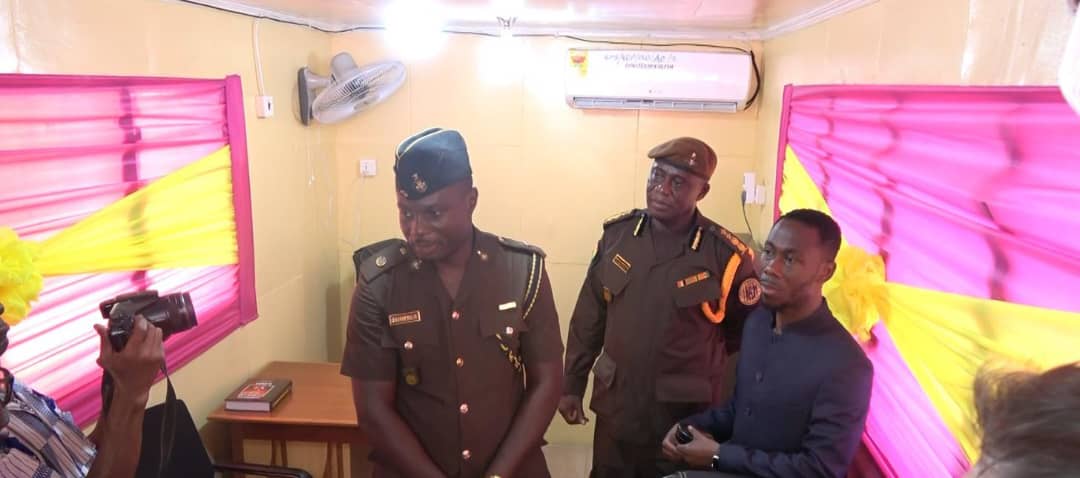

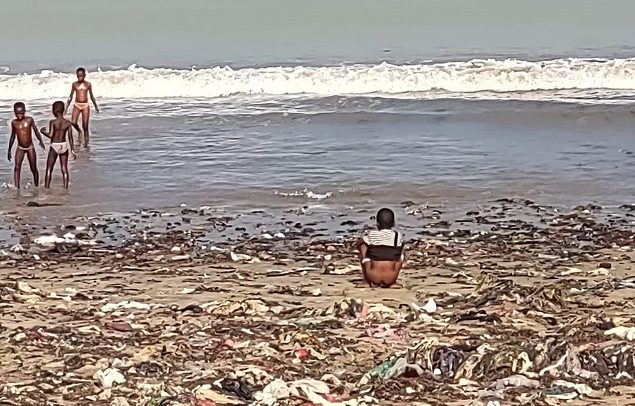
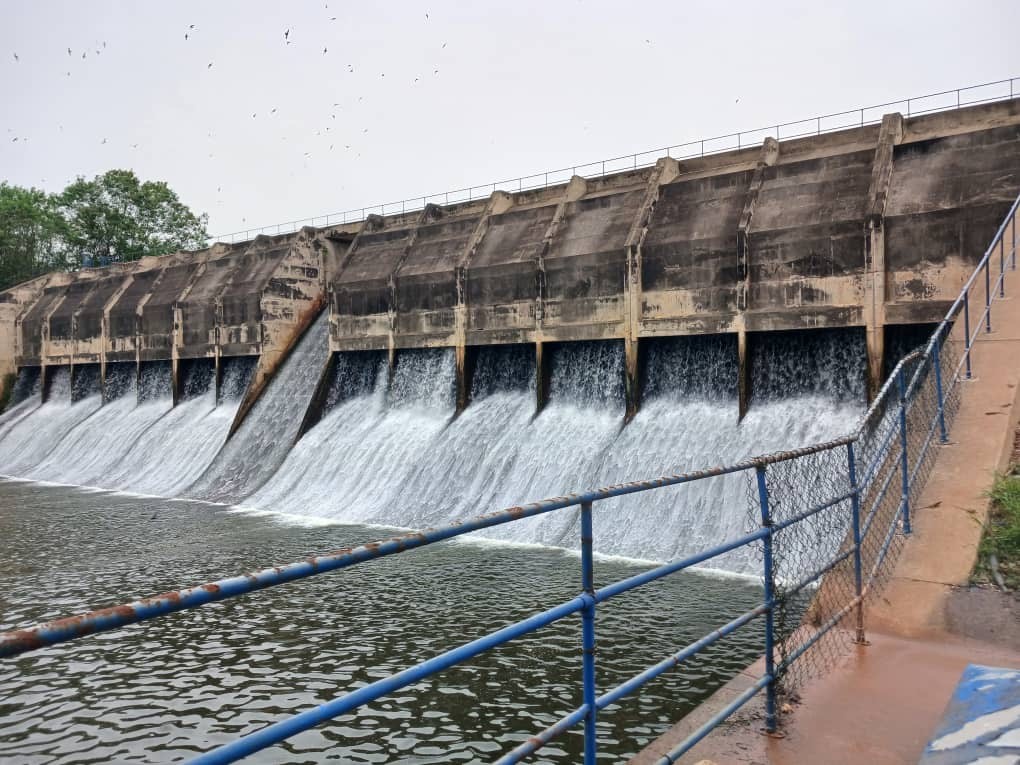













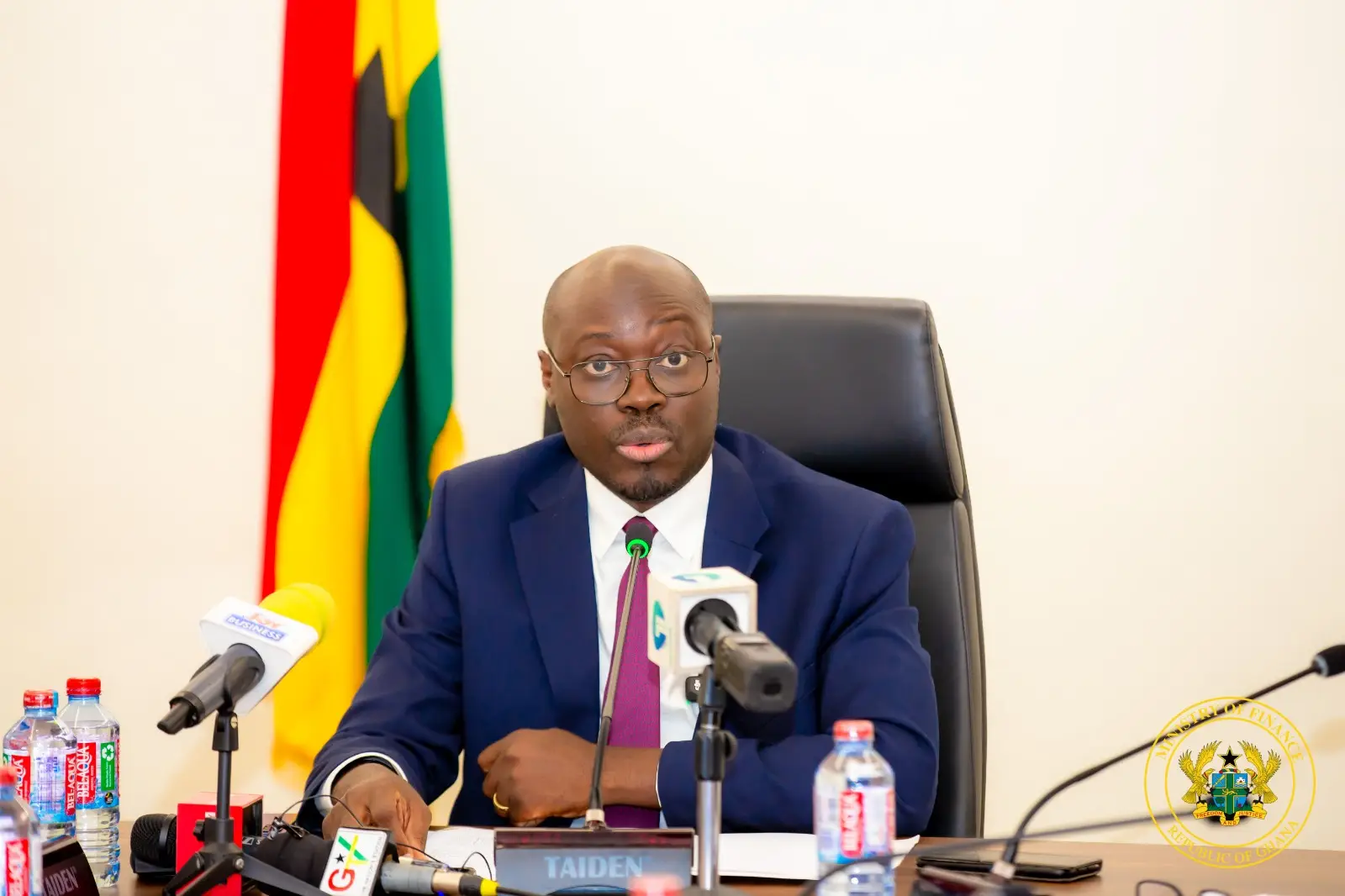
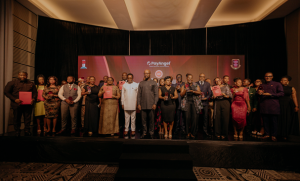


Facebook
Twitter
Pinterest
Instagram
Google+
YouTube
LinkedIn
RSS